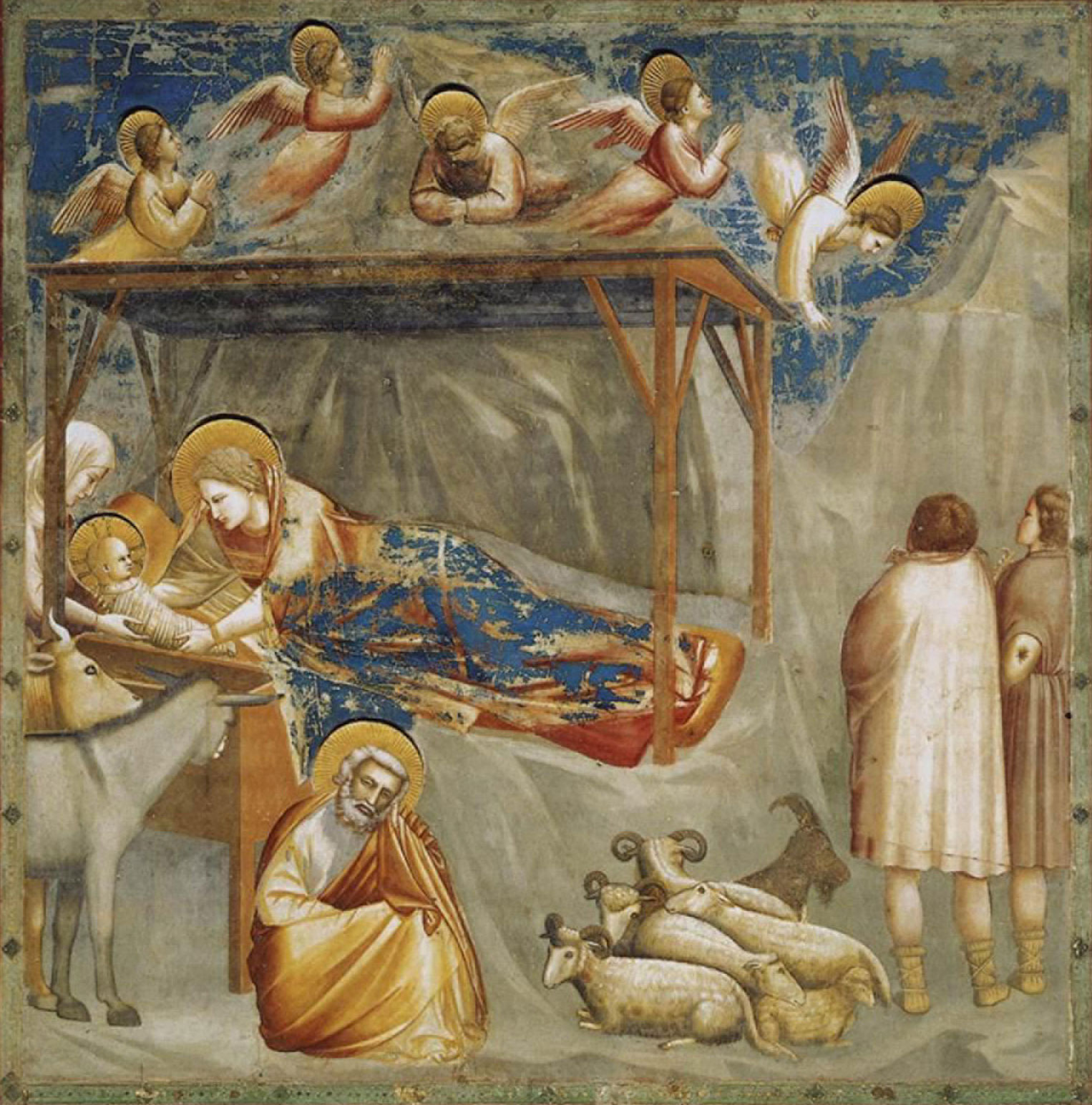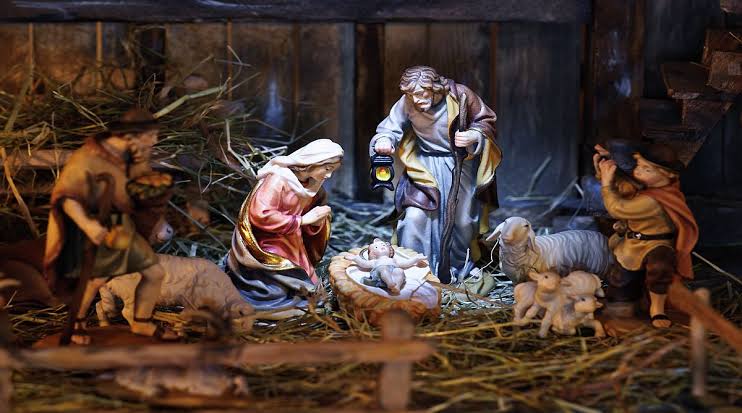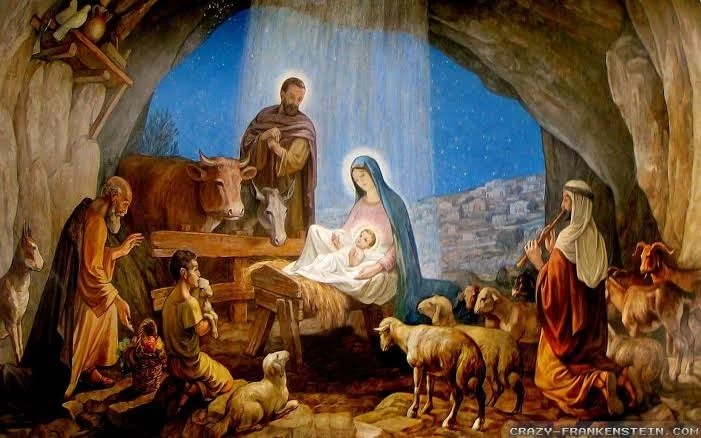Christmas, Christian festival celebrating the birth of Jesus. The English term Christmas (“mass on Christ’s day”) is of fairly recent origin. The earlier term Yule may have derived from the Germanic jōl or the Anglo-Saxon geōl, which referred to the feast of the winter solstice. The corresponding terms in other languages—Navidad in Spanish, Natale in Italian, Noël in French—all probably denote nativity. The German word Weihnachten denotes “hallowed night.” Since the early 20th century, Christmas has also been a secular family holiday, observed by Christians and non-Christians alike, devoid of Christian elements, and marked by an increasingly elaborate exchange of gifts. In this secular Christmas celebration, a mythical figure named Santa Claus plays the pivotal role.
What is Christmas?
Christmas was traditionally a Christian festival celebrating the birth of Jesus, but in the early 20th century, it also became a secular family holiday, observed by Christians and non-Christians alike. The secular holiday is often devoid of Christian elements, with the mythical figure Santa Claus playing the pivotal role.

When is Christmas celebrated?
Christmas is celebrated by many Christians on December 25 in the Gregorian calendar. For Eastern Orthodox churches that continue to use the Julian calendar for liturgical observances, this date corresponds to January 7 on the Gregorian calendar. Gifts are exchanged on Christmas Eve in most European countries and on Christmas morning in North America.
How is Christmas celebrated?
Christians and non-Christians partake in some of the most popular Christmas traditions, many of which have no origins in liturgical affirmations. These customs include decorating evergreen trees—or, in India, mango or bamboo trees; feasting (picnics and fireworks are popular in warm climates); and exchanging gifts on Christmas Eve or Christmas morning.

Does Christmas have pagan roots?
In polytheistic Rome, December 25 was a celebration of the Unconquered Sun, marking the return of longer days. It followed Saturnalia, a festival where people feasted and exchanged gifts. The church in Rome began celebrating Christmas on December 25 during the reign of Constantine, the first Christian emperor, possibly to weaken pagan traditions.
Did Christmas start in Germany?
The celebration of Christmas started in Rome about 336 (but it did not become a major Christian festival until the 9th century). Many Christmas traditions, such as decorating trees, started in Germany and later spread to other parts of the world, notably England and the United States.

Origin And Development
The early Christian community distinguished between the identification of the date of Jesus’ birth and the liturgical celebration of that event. The actual observance of the day of Jesus’ birth was long in coming. In particular, during the first two centuries of Christianity there was strong opposition to recognizing birthdays of martyrs or, for that matter, of Jesus. Numerous Church Fathers offered sarcastic comments about the pagan custom of celebrating birthdays when, in fact, saints and martyrs should be honoured on the days of their martyrdom—their true “birthdays,” from the church’s perspective.
The precise origin of assigning December 25 as the birth date of Jesus is unclear. The New Testament provides no clues in this regard. December 25 was first identified as the date of Jesus’ birth by Sextus Julius Africanus in 221 and later became the universally accepted date. One widespread explanation of the origin of this date is that December 25 was the Christianizing of the dies solis invicti nati (“day of the birth of the unconquered sun”), a popular holiday in the Roman Empire that celebrated the winter solstice as a symbol of the resurgence of the sun, the casting away of winter and the heralding of the rebirth of spring and summer. Indeed, after December 25 had become widely accepted as the date of Jesus’ birth, Christian writers frequently made the connection between the rebirth of the sun and the birth of the Son. One of the difficulties with this view is that it suggests a nonchalant willingness on the part of the Christian church to appropriate a pagan festival when the early church was so intent on distinguishing itself categorically from pagan beliefs and practices.
A second view suggests that December 25 became the date of Jesus’ birth by a priori reasoning that identified the spring equinox as the date of the creation of the world and the fourth day of creation, when the light was created, as the day of Jesus’ conception (i.e., March 25). December 25, nine months later, then became the date of Jesus’ birth. For a long time the celebration of Jesus’ birth was observed in conjunction with his baptism, celebrated January 6.


